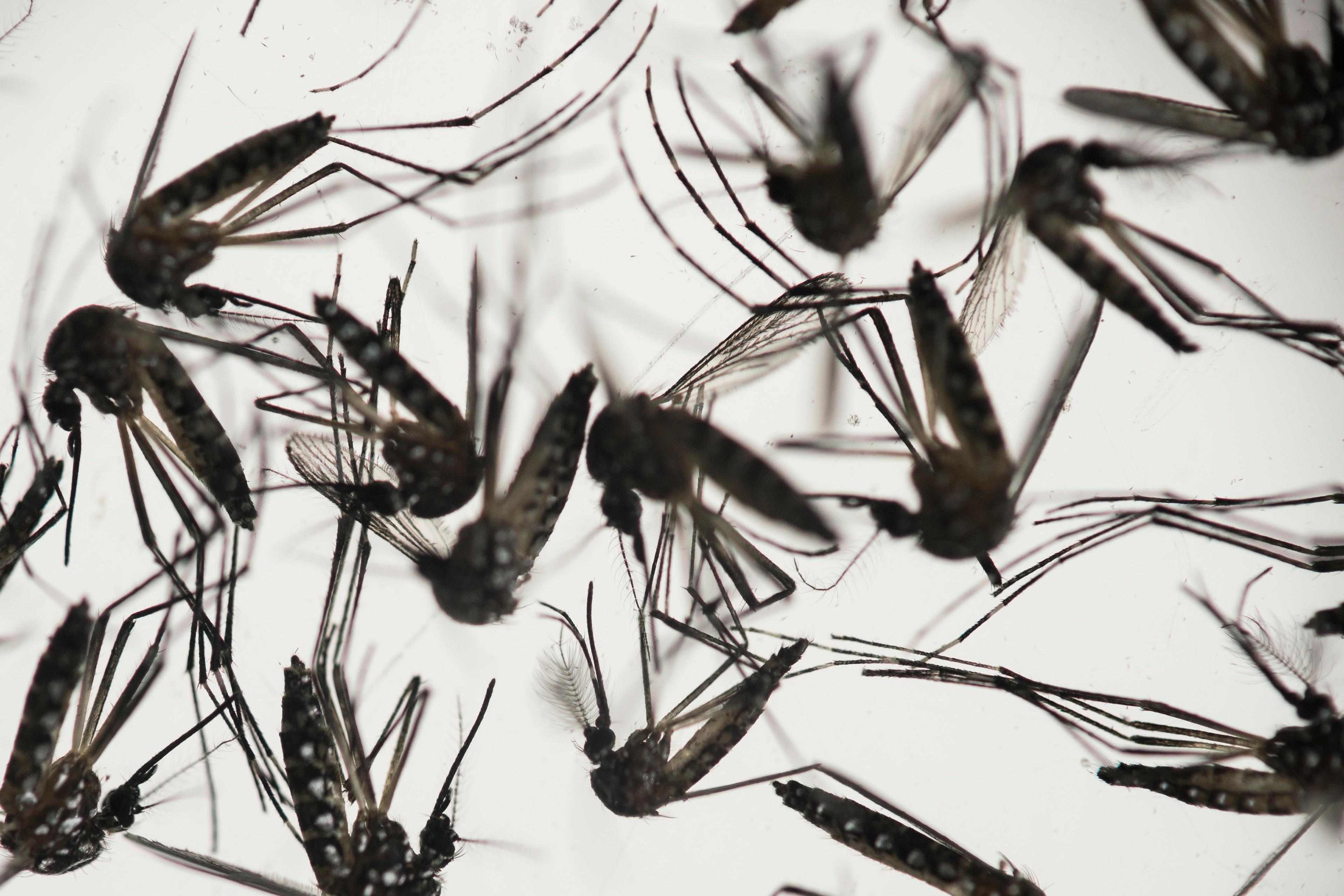
How did historian Tim Winegard get so obsessed with mosquitoes? Maybe it’s just in his blood.
That’s not just a bad pun. As a result of his extensive research into the mosquito’s relationship with humankind for his new book “The Mosquito: A Human History of Our Deadliest Predator,” the Colorado Mesa University professor can trace his own family’s connection to the insects.
His great-grandfather William contracted an un-holy trinity of mosquito-borne illnesses — typhoid, influenza and malaria — in 1918 while serving in the Canadian Navy off the coast of West Central Africa. And his grandfather-in-law got hit with malaria twice while fighting in Europe during World War II.
“I kind of pulled the curtain back for him and told him the historical parameters of how he contracted malaria in both cases,” Winegard said.
A bit of awe sneaks into Winegard’s voice when he speaks about how deep our relationship with mosquitoes goes, playing a role all the way back to Alexander the Great and throughout every war.
“This universal tiny animal, the size and weight of a grape seed, has punched way above her weight class for millennia, essentially across our existence,” he said.
While Winegard and his wife’s ancestors were spared by their mosquito-borne illnesses, 52 billion people over time have not been so lucky.
In Colorado today, the disease to worry about is West Nile virus. The state has reported cases of the illness every year since 2002. In 2018, nearly 100 were infected and two died.
Female mosquitoes bite us with a combination of six “needles,” as Winegard calls them, all with a role to play in getting a taste of our blood. That universal itchiness and minor swelling we experience comes from the bug’s saliva, which it pumps into our bloodstream as an anticoagulant. In that saliva are where the deadly diseases may lurk as well.
Feel like mosquitoes find you extra delicious? Check your blood type. Mosquitoes prefer Type O to A or B. They’re also attracted to other bacteria and chemicals we carry, such as lactic acid. Not much can be done to change those personal circumstances.
“About 85 percent of what makes you as an individual appetizing to mosquitoes is prewired in your genetic circuit board, unfortunately,” Winegard said.
Could we one day, however, rewire mosquitoes out of existence? It’s a conversation researchers are having with renewed focus now that the gene editing science CRISPR is on the scene, Winegard said.
One school of thought would release CRISPR-modified male mosquitoes into the wild to breed with females and produce infertile or exclusively male offspring, pushing mosquitoes to extinction. Another would edit mosquito DNA to prevent them from carrying diseases, ridding the planet of the illnesses they transfer while keeping the bug itself.
Winegard prefers the latter option.
“I would prefer to rid the world of mosquito-borne disease, and not necessarily bringing the mosquito to extinction and erecting a mosquito exhibit in the extinct wing of museums,” he said.
He hopes his book will give readers, “a greater appreciation, or at least understanding, of this universal but quite remarkable and adaptable animal,” as his research has for him. And he points out that perhaps the mosquito’s purpose is right there in clear, if uncomfortable, sight: to check our population growth.
“Some argue that eradicating mosquito-borne disease would be a danger against uncontrolled human population growth,” Winegard said. “And then obviously there's the other side that views it as the morally right thing to do to save lives.”
And what option does he prefer in this debate?
“I'm not picking sides!”








